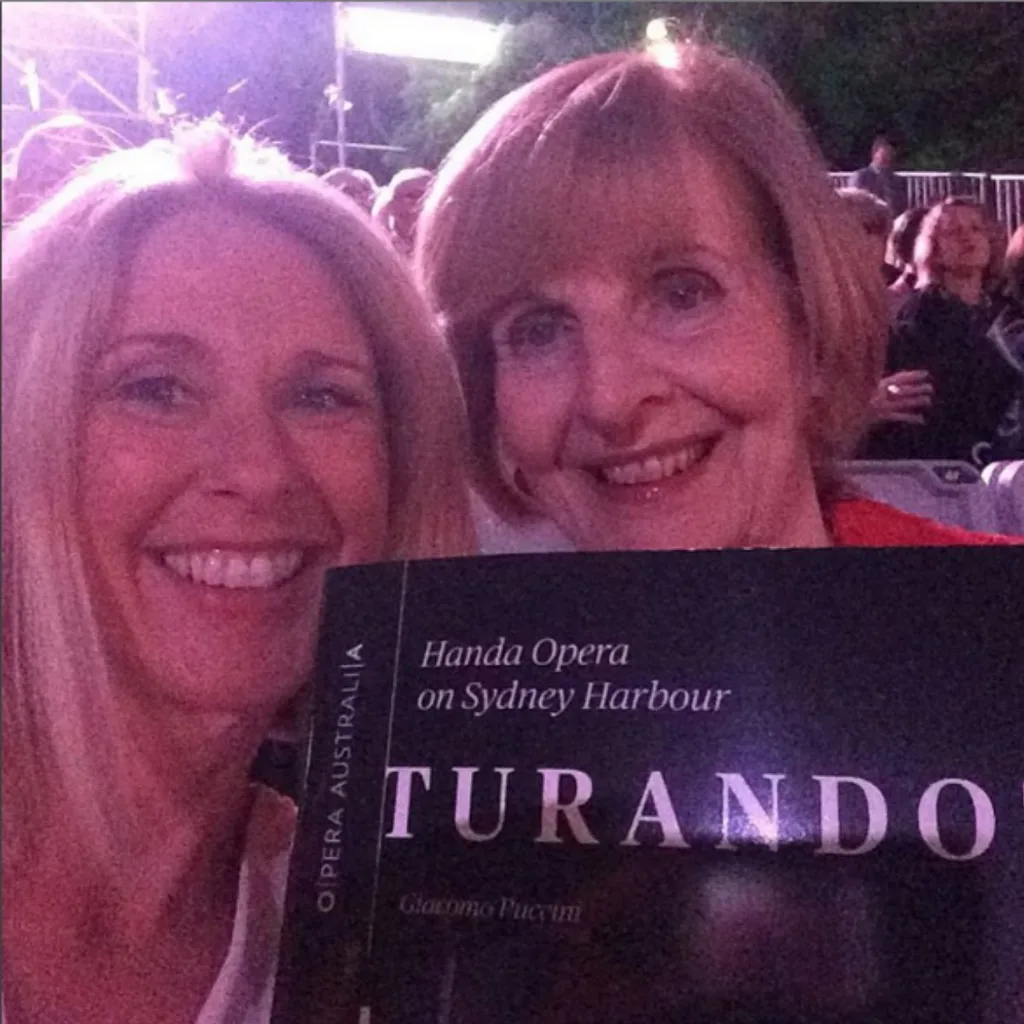Tracey Spicer has undoubtedly been a welcome presence in your living room over the past few decades. An incredibly talented journalist and a passionate advocate, Tracey has always been someone who fights for what she believes in.
In 2006, when Channel Ten let Tracey go after 14 years of service, shortly after she returned from maternity leave – over email, no less – she took them on for discrimination.
The past decade has seen Tracey tirelessly rise from strength-to-strength against pervasive sexism in the media industry. She co-founded ‘Women in Media,’ a nationwide mentoring and networking group supporting women. She’s also an Ambassador for Dying with Dignity, ActionAid, World Vision, Purple Our World, the Garvan Institute of Medical Research, Full Stop Foundation, Cancer Council NSW and SISTER2sister.
Most recently, Tracey’s hit the headlines for spearheading the #MeToo movement in Australia, tweeting in October 2017 she was investigating two “long-term offenders in our media industry”, asking to be contacted privately with stories.
Tracey was inundated with responses and Don Burke was “the name that came up more than any other”. She helped the ABC and Fairfax in their damning investigation of the disgraced TV personality.
She recently joined the creator of the #MeToo movement, Tarana Burke, to talk to an audience about the next steps in eradicating sexual harassment.
She was met with almighty cheers at the All About Women festival stage in the Opera House. Tracey is making a real impact in the crusade against the ingrained culture of sexism, misogyny and criminal sexual assault.
Tracey has now launched ‘NOW Australia’, a non-for-profit crowdfunding organisation that aims to end sexual harassment across Australia’s workforces. The website reads: “#MeToo is the movement. NOW is the moment.”
We chatted to Tracey about sexism and what can be done to fight sexual harassment.
Is there anything you would’ve done differently during the course of your career?
Plenty! One of my early bosses said I didn’t need a pay rise because, “You’ll marry a nice businessman and never have to work another day in your life again.”
I internalised this misogyny, refusing to ask for pay rises for more than a decade.
How do you think the media industry should adapt and change?
Sexism is extremely common. I call it out when I see or hear it, but it’s more difficult for those starting out in the industry. The power imbalance is extreme. We need more diversity in leadership, on our screens and in our newspapers. It’s good for both humanity AND the bottom line.
What’s been the most pivotal moment of your career?
I’m proud to say that I’ve learned to stand up for my rights. In my book The Good Girl Stripped Bare, I describe the moment I decided to take legal action against Channel Ten, after being sacked shortly after returning from maternity leave.
I was offered the option of writing a press release saying I had chosen to leave for “family reasons”, which was a blatant lie. It was time to say, “enough!”
What advice do you have for young women starting out in media?
Find a sisterhood, follow your gut instinct when you feel something isn’t right, and be aware of the many challenges that still face women in the workplace.

Tracey with Caroline Jones
Who’s been your biggest champion and why?
Caroline Jones, our Patron at Women in Media. She’s warm, clever and funny, with the heart of a warrior.
 Tracey Spicer
Tracey Spicer

